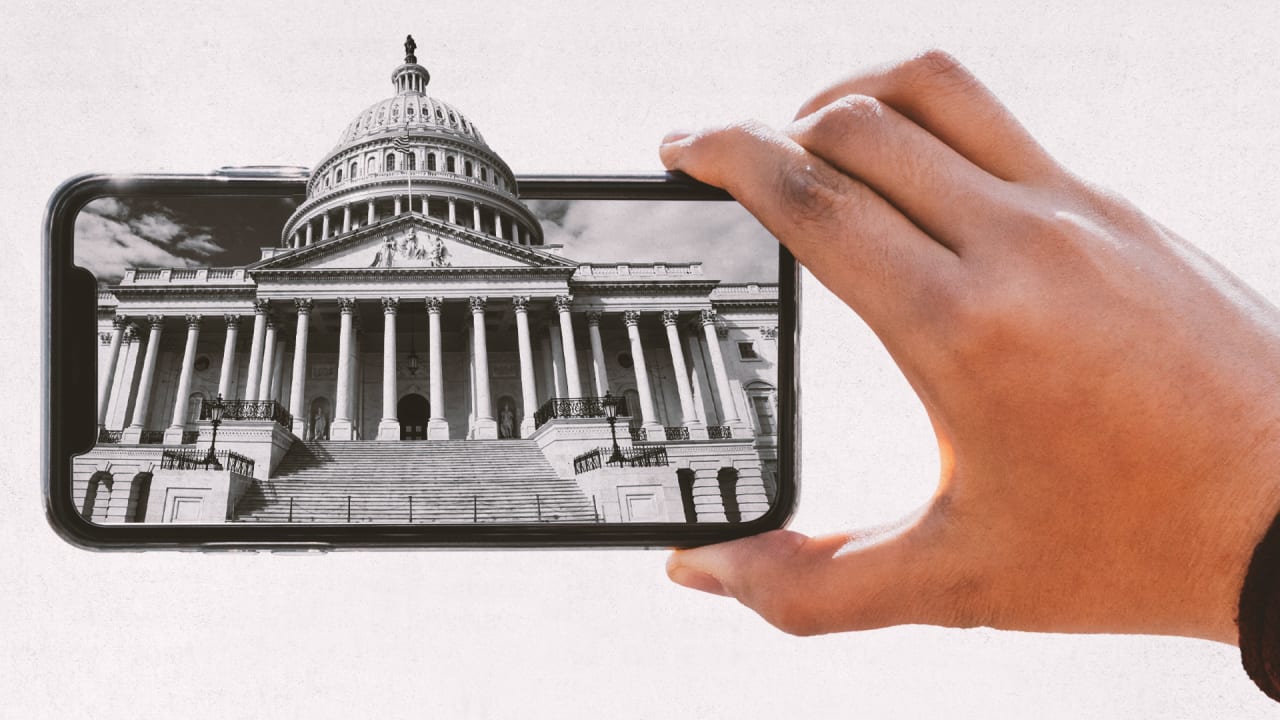Apple and Google testified in front of the Senate Judiciary’s Antitrust Subcommittee Wednesday, and it’s fair to say the committee members came with their A game and that Apple walked away the biggest loser. At issue are the strict rules Apple imposes on app developers for the privilege of being listed in the App Store, which is virtually the only way developers can access the huge worldwide market of iPhone users. Google may be somewhat less in the antitrust crosshairs because it allows Android users to side-load apps from other marketplaces and websites. But both Apple and Google require many developers to use their respective marketplaces’ own proprietary payment systems to sell their apps, and they charge the developers up to 30% to do so. Both Democrats and Republicans in the hearing seemed surprised at that high toll and wondered out loud whether it would be so high if the two main app stores faced more competition. The subcommittee members had clearly coordinated their efforts before the hearing and presented Apple with a wide-ranging, and nonoverlapping, set of informed and relevant questions. However, the hearing was especially fiery because some big-name app developers who have a beef with the app stores—Spotify, Tile, and Tinder’s parent, Match Group—were sitting at the witness table too. Some of the best arguments against Apple’s App Store policies came from them. Spotify’s App Store blues Case in point: Spotify’s lawyer Horacio Gutierrez pointed out that not only is his company required to use Apple’s payment system (and pay the “Apple tax”), but the music app is also prohibited from directing users of its free iOS app to online promotions offering three months of Spotify Premium for 99¢. Gutierrez called this a “gag order.” Spotify had the sympathy of Democrat Amy Klobuchar of Minnesota, the chair of the Senate Judiciary Committee’s antitrust subcommittee, even before the hearing. “[Telling people] they can get a better deal [on an app] on a website, when the companies . . . on the app store are banned from doing that, that’s pretty outrageous,” Klobuchar told me on the phone Tuesday night. Spotify has a particularly interesting viewpoint because it competes directly with Apple’s own Music service, which naturally gets more visibility in the App Store. Klobuchar called this “self-preferencing.” Gutierrez said Apple had threatened retaliation against Spotify and in some cases carried it out. He claimed Apple told Spotify straight out that it would not promote the Spotify app and forced Spotify to wait for months for app-upgrade approvals.

See more here:
The five best arguments that Apple’s App Store is a monopoly